Recently, I’ve had the pleasure of being interviewed by the editor of the Italian edition of The Fibromyalgia Magazine. During the interview, questions were asked about how the health system supports me as a fibro mom and the importance of disseminating correct information about fibromyalgia. It was then I realized how much healthcare has failed fibromyalgia patients and the effect of incorrect information from public health organizations has on healthcare.
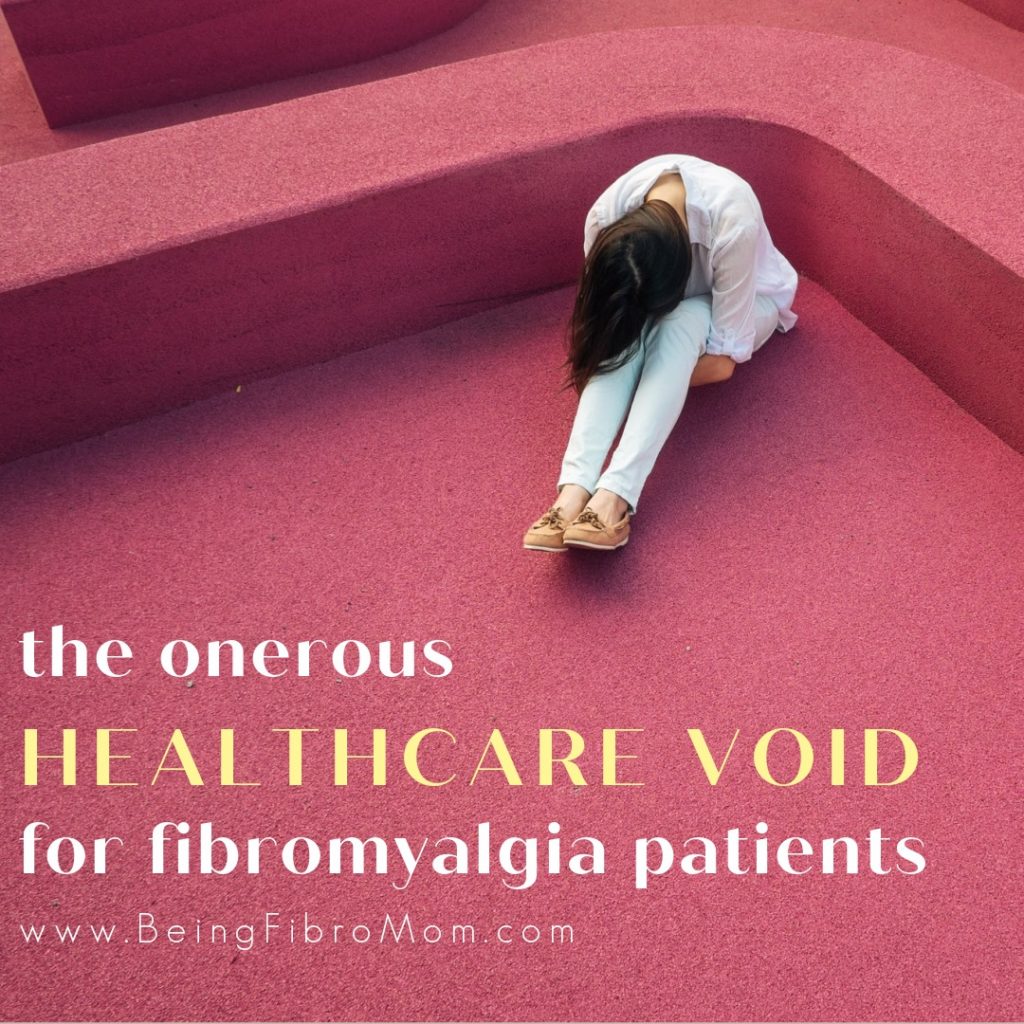
This article first appeared in The Fibromyalgia Magazine, May 2020. Get the digital copy of the magazine from Pocketmags.
This post contains affiliate links which means, at NO extra costs to you, I earn a commission from any purchases made. For further details, please read my full disclosure policy.
The Lack of Proper Medical Care: WHY?
The lack of adequate care has not been lost on me and is not something I didn’t already know. In my own experience, I’ve been mocked, minimized, and dismissed repeatedly by medical providers. It took me six years to receive a proper diagnosis and even after diagnosis it’s been difficult to receive proper medical care. Because of my experience, I started blogging about living with fibromyalgia as a parent and became an advocate.
What renewed my frustration was how the lack of proper medical care affects fibromyalgia patients and their families and just how large this fissure in healthcare has grown in the past decades. The magnitude of it reached out and settled around me in a heavy cloak that I could not ignore or easily shrug off.
In these technological times, there should be no reason for the shortage of information on a condition that was first extensively studied by German and British physicians in the late 1800s. Even after the more accurate and accepted name of ‘fibromyalgia’ was determined by the medical community in the 1990s, not much has changed in terms of diagnosis and treating. (Click here for the source of this information.)
What I want to know is why. How come a condition that has been around for over a century (with references to it during biblical times) still has not had the medical research necessary to help patients manage their symptoms? Why isn’t the origin of fibro more definitive? For these answers, we must dive into the condition itself.
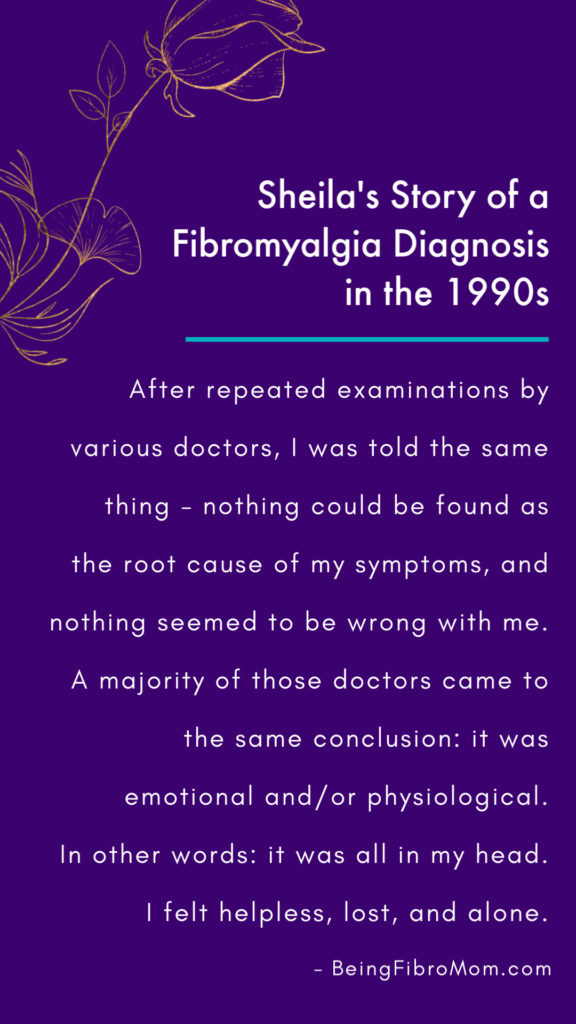
What exactly is fibromyalgia?
Fibromyalgia is a syndrome that mainly affects the central nervous system. It also affects the digestive, endocrine, immune, muscular, and respiratory systems. The disruption in the function of the organs within those systems manifests as a multitude of symptoms. Symptoms include muscle pain and/or muscle spasms, difficulty remembering or concentrating, abdominal pains, sensory sensitivities, chronic pain, and fatigue, to name a few. It also leads to emotional and mental distress.
With a condition so extensive affecting various body systems, it’s difficult to pinpoint how it develops or where it originates. What triggers it? Is it caused by genetic makeup? Does a malfunction of a bodily system trigger it? Perhaps a different condition or disease leads to the development of fibro? There’s strong speculation that trauma of any kind can induce the onset of symptoms. There are possibilities and theories, but that’s all it is: possibilities and theories.
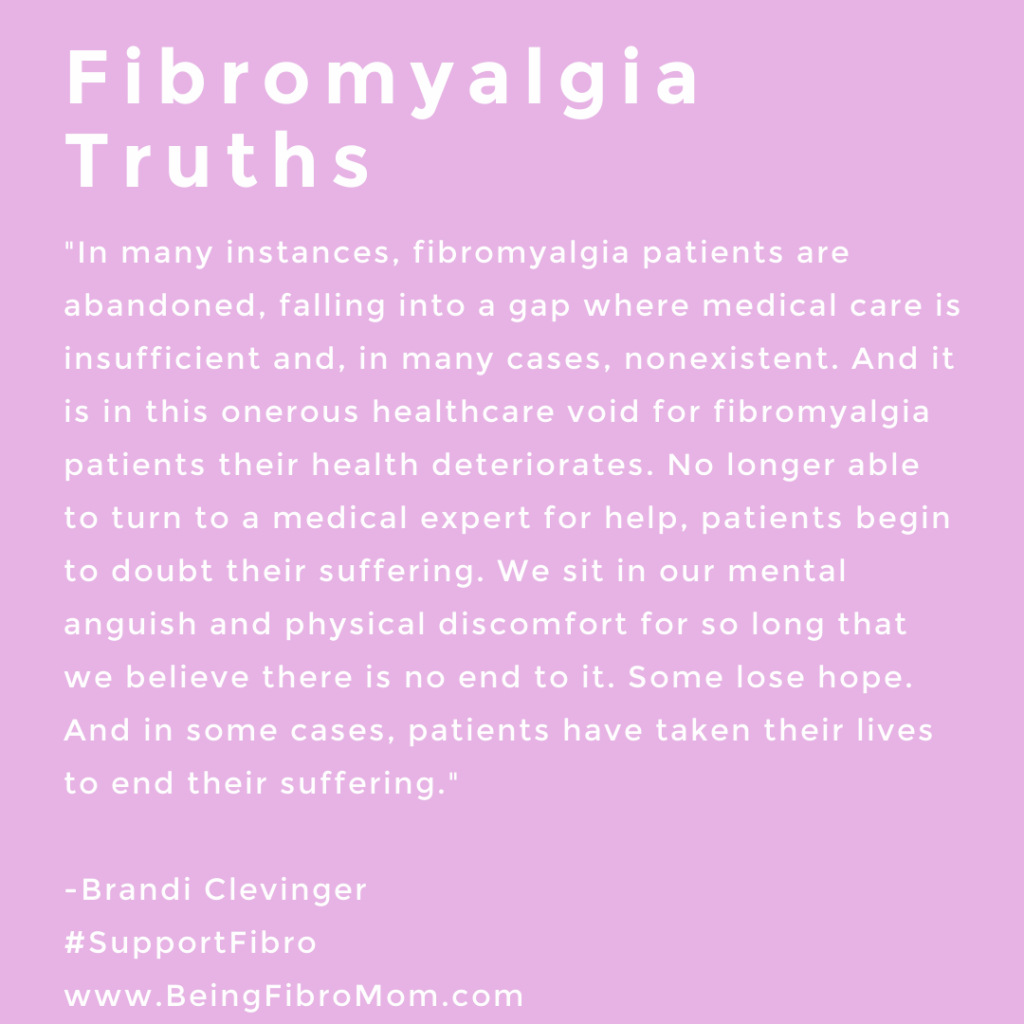
The Harsh Reality of Fibromyalgia
Because it is largely unknown what definitively causes it or where it originates, there’s no definitive way to diagnose or treat it. At best we are treating the symptoms and not the condition in and of itself. Furthermore, because fibro affects multiple systems and the origin is unknown, it’s an ongoing debate as to which medical provider or specialist would be responsible for diagnosing, administering treatment, and continuing care. As a result, patients are passed from one specialist to another.
The harsh reality is that little fibromyalgia-specific research is present in the medical community and the information available through public health organizations is widely inconsistent. Most providers will not bother themselves with inquiring more about it because it’s overwhelmingly lacking. They are exhausted and overloaded with patients as it is, so taking the time for a complicated condition such as fibro is highly improbable. (To clarify – improbable, not impossible.)
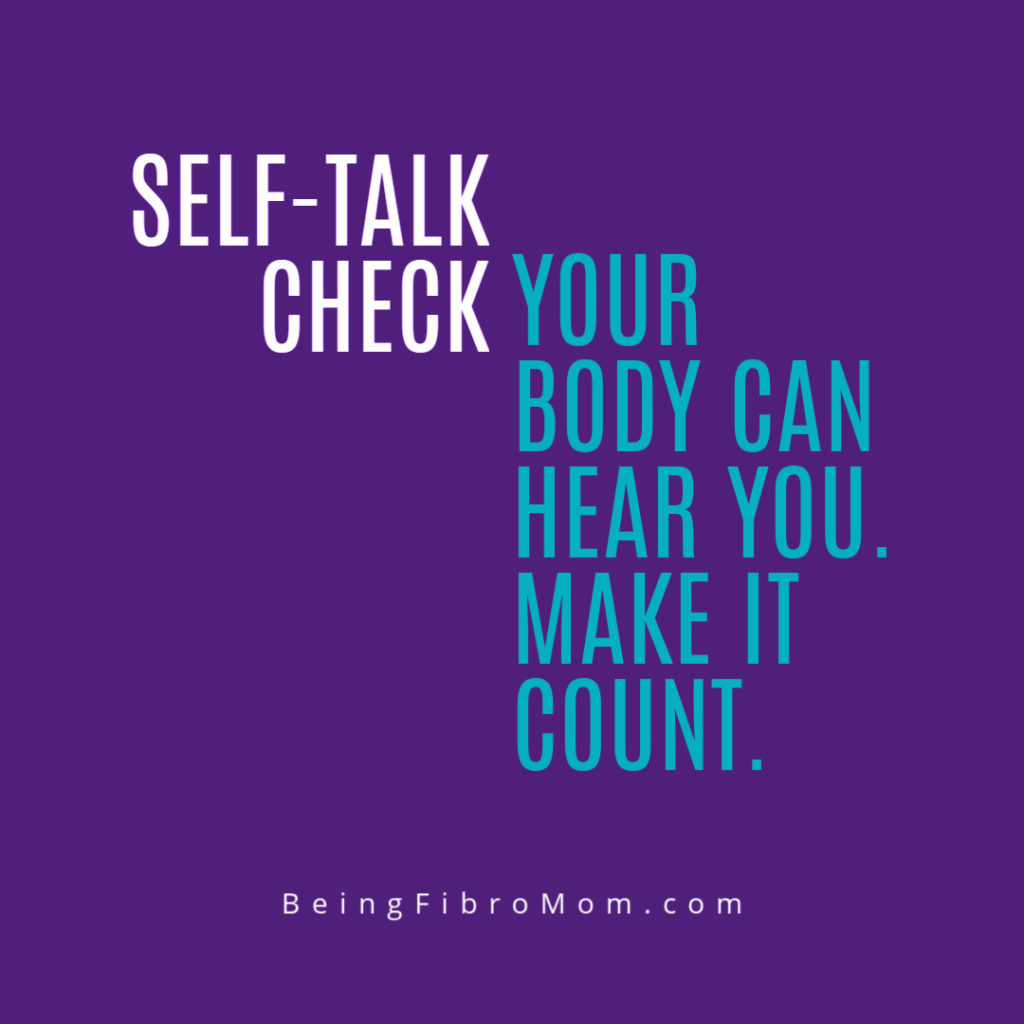
The Onerous Healthcare Void for Fibromyalgia Patients
Many Patients Fall Into a Healthcare Gap
There are some patients ‘lucky’ enough to find marginal care through their primary care provider (PCP) in an effort to sustain their current condition and prevent it from worsening. Fibromyalgia itself is not progressive, but symptoms can worsen over time if not properly treated. It’s not uncommon for a PCP to prescribe pain narcotics, antidepressants, or other medication in a vain attempt to provide some relief to the patient’s discomfort. (And in today’s opioid crisis, even that option has rapidly closed with little options taking its place.)
In many instances, fibromyalgia patients are abandoned, falling into a gap where medical care is insufficient and, in many cases, nonexistent. And it is in this onerous healthcare void for fibromyalgia patients their health deteriorates. No longer able to turn to a medical expert for help, patients begin to doubt their suffering. We sit in our mental anguish and physical discomfort for so long that we believe there is no end to it. Some lose hope. And in some cases, patients have taken their lives to end their suffering.
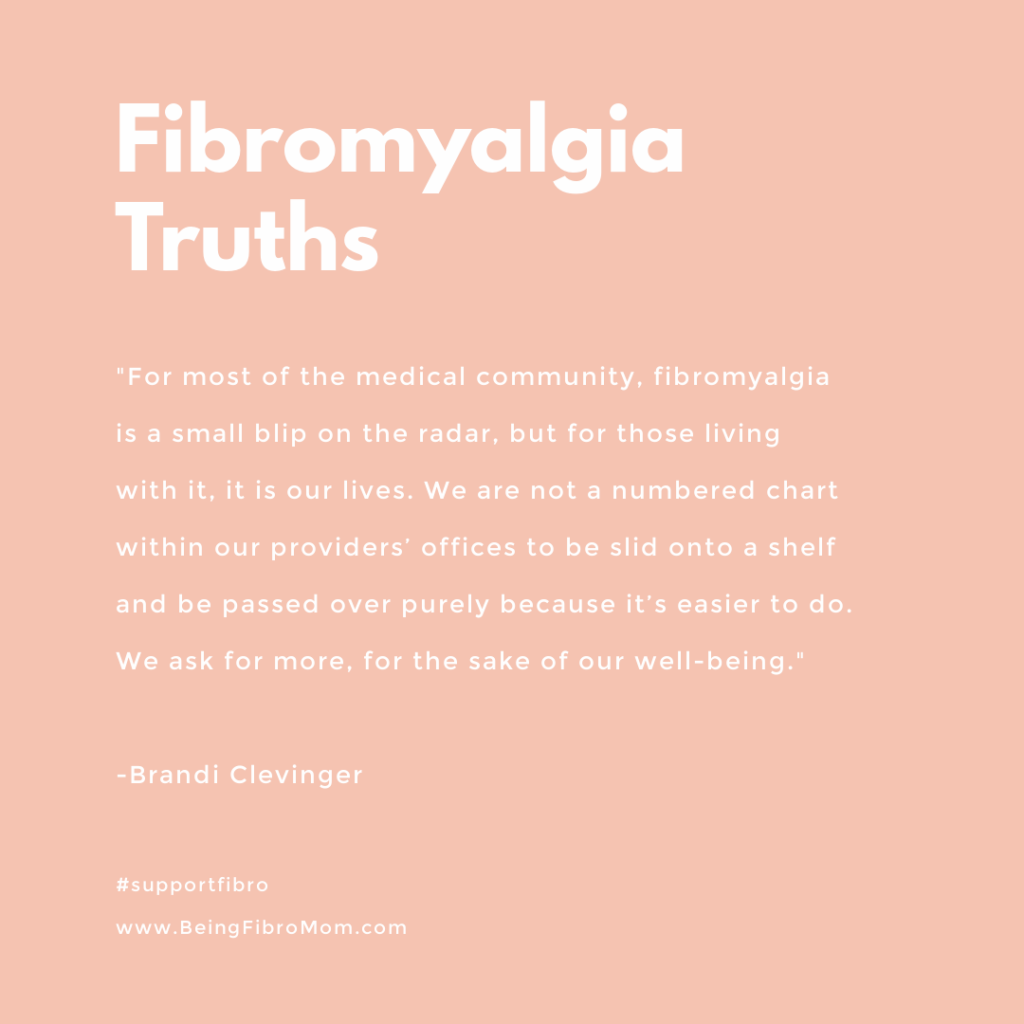
The Effects of an Absent Healthcare
The absence of healthcare has devastating effects on fibromyalgia patients. Their caregivers and loved ones suffer as well, and families become disconnected and torn apart. I reached out to the fibromyalgia community to ask how they are affected by their current healthcare. The responses were crushing, but their stories need to be heard.
The following truths were gathered from readers’ responses from the Being Fibro Mom social media accounts. I also collected experiences from the members of the Fibro Parenting group on Facebook. These are real stories gathered by real fibromyalgia patients around the globe.
Fibromyalgia Patients’ Testimonies
The onset of symptoms usually begins with unexplained pain and/or chronic fatigue. An initial physical examination (sometimes accompanying bloodwork) will show no indicators as to why the patient is experiencing pain and fatigue. But when the pain and fatigue continue with no real cause that can be measured, tested, or seen, fibromyalgia is diagnosed. In many cases, it takes several years for them to arrive at this diagnosis.
Sometimes primary providers will order lab tests to check on deficiencies in the blood. And if there are any found, they will defer to those deficiencies as the cause of symptoms. No further testing required. And if the levels are normal, we are told everything is fine and to either get more sleep, eat healthier, or exercise more.
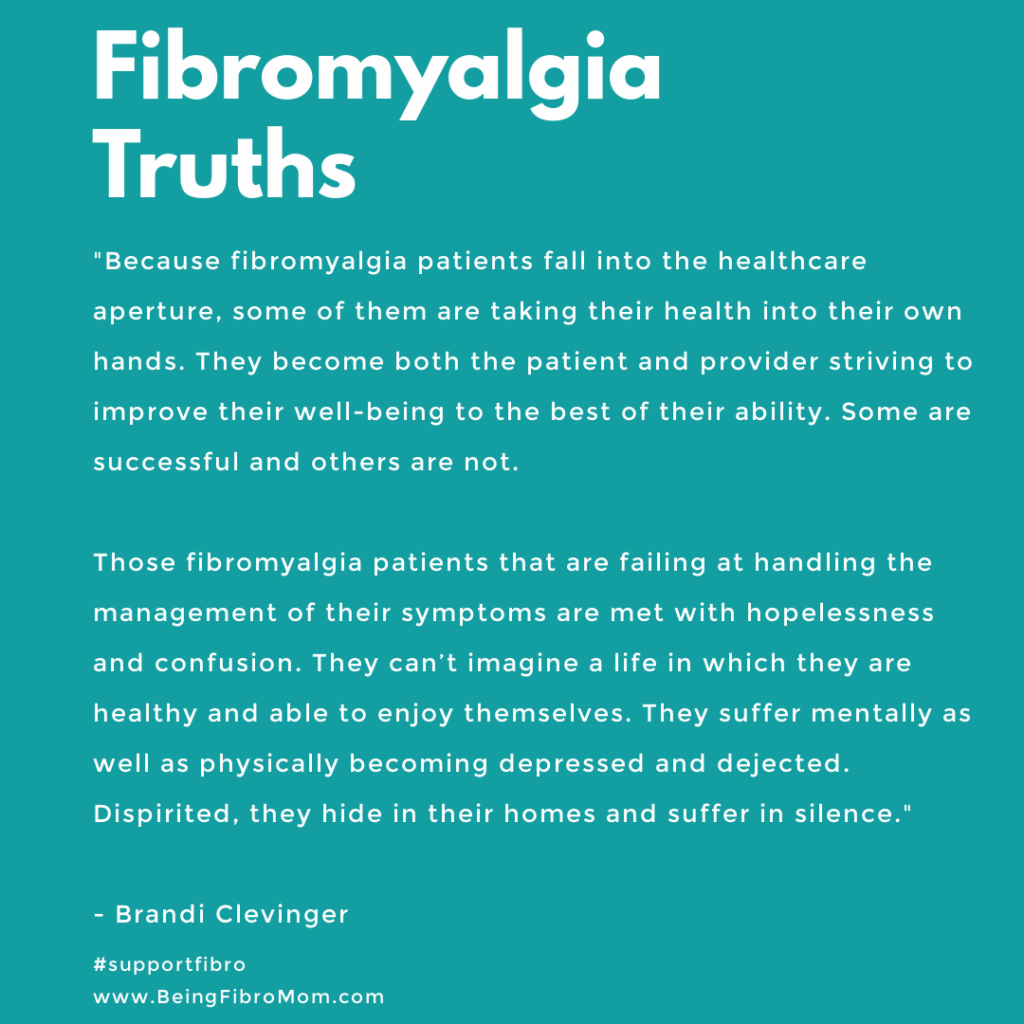
With no solid explanations from a provider, we are labeled as ‘lazy’, ‘attention-seekers’, and a hypochondriac. These labels become synonymous with fibromyalgia, and future medical appointments (especially the ones landing us in the emergency room or urgent care) will be cut short upon seeing that diagnosis of fibro.
Many patients are referred to multiple specialists in search of an answer only to leave empty-handed aside from yet another expensive medical bill. Eventually, the medical bills pile up, and seeking additional help is no longer an option as they struggle to pay for all the repeated emergency room visits, extensive testing, and the costs of specialists.
More Fibromyalgia Patients’ Testimonies
For those parents living with fibro, we are unable to properly care for ourselves let alone our children. What should be a time of making memories with our children is instead filled with guilt and grief because we are unable to play with them. Our days consist of pacing our activities and energy levels so as not to become depleted of all energy (which means not a lot of physical activity otherwise it will result in being bed-bound for days). Oftentimes children do not have the capacity to understand why we are unable to interact and engage with them, so it’s translated as a form of rejection. It’s disheartening and disappointing.
A majority of fibromyalgia patients have to file for disability due to their inability to work caused by debilitating issues such as chronic muscle pain/weakness, frequent headaches/migraines, and chronic fatigue. Many of these cases are denied as a result of not having ‘enough proof’ of having fibro. In other cases, the request is denied because ‘pain is not objective’. As a result, the patient is unable to financially provide for themselves and their families causing further health issues.
In some instances, the afflicted is an adolescent or younger child. The parents of these children are told the symptoms are caused by growing pains or allergies. Medications are prescribed and the child is expected to ‘start feeling better soon’. Even upon the parents’ insistence of it being more than growing pains or other dismissive causes, the provider is hesitant to run more tests and will assure the parent is worrying too much.
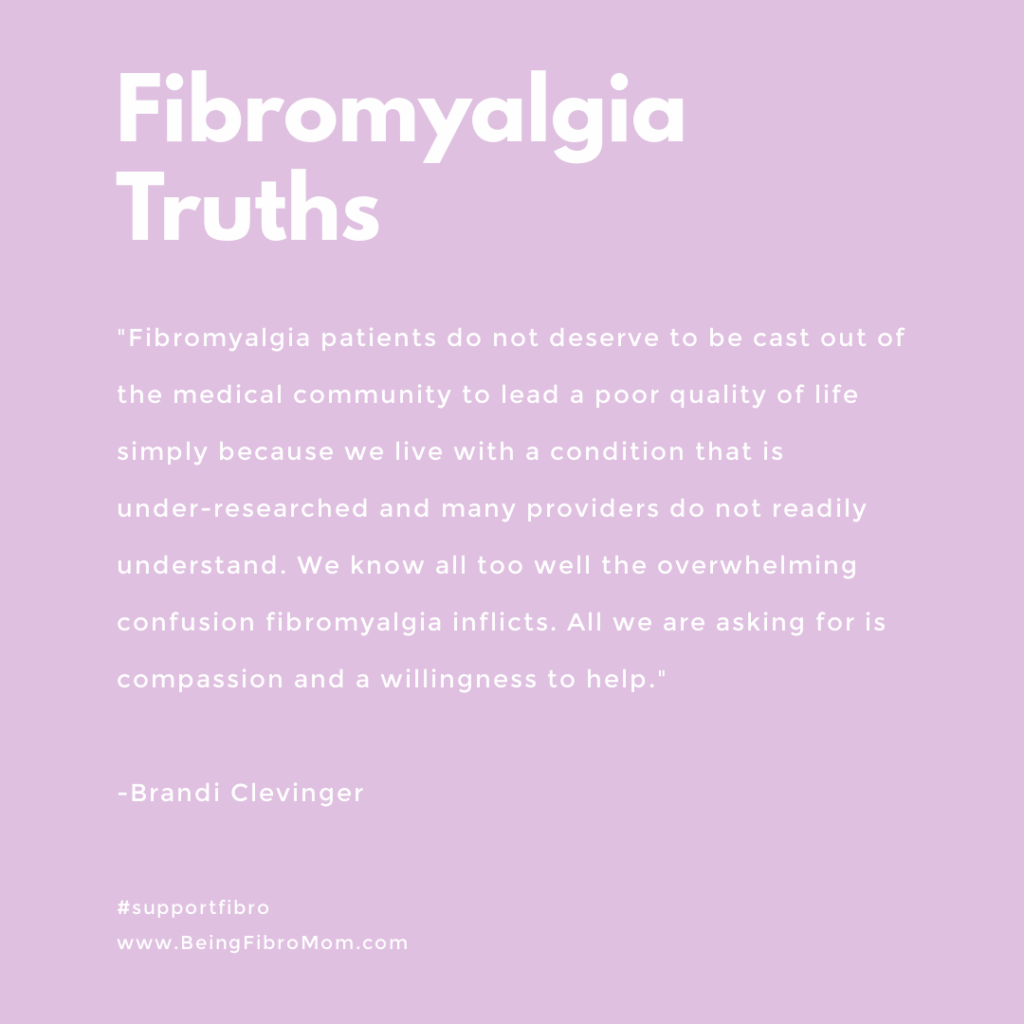
Taking Health Into Our Own Hands
Because patients fall into the healthcare aperture, some of them are taking their health into their own hands. They are learning to advocate for themselves (which I believe all patients should do to an extent) and figuring out what helps their symptoms and what worsens it. They become both the patient and provider striving to improve their well-being to the best of their ability. Some are successful and others are not.
Those fibromyalgia patients that are failing at handling the management of their symptoms are met with hopelessness and confusion. They can’t imagine a life in which they are healthy and able to enjoy themselves. They suffer mentally as well as physically becoming depressed and dejected. Dispirited, they hide in their homes and suffer in silence.
To conclude, patients do not deserve to be cast out of the medical community to lead a poor quality of life simply because we live with a condition that is under-researched and many providers do not readily understand. We know all too well the overwhelming confusion fibromyalgia inflicts. All we are asking for is compassion and a willingness to help.
For some of the medical community, fibromyalgia is a small blip on the radar, but for those living with it, it is our lives. We are not a numbered chart within our providers’ offices to be slid onto a shelf and be passed over purely because it’s easier to do. We ask for more, for the sake of our well-being.
There are ways to improve this collapse of healthcare and to begin closing the aperture. Hope can and should be restored to all of those living with fibromyalgia. In the next month’s issue, we will explore the ways to be able to climb out of this medical mess and into a better state of health.

